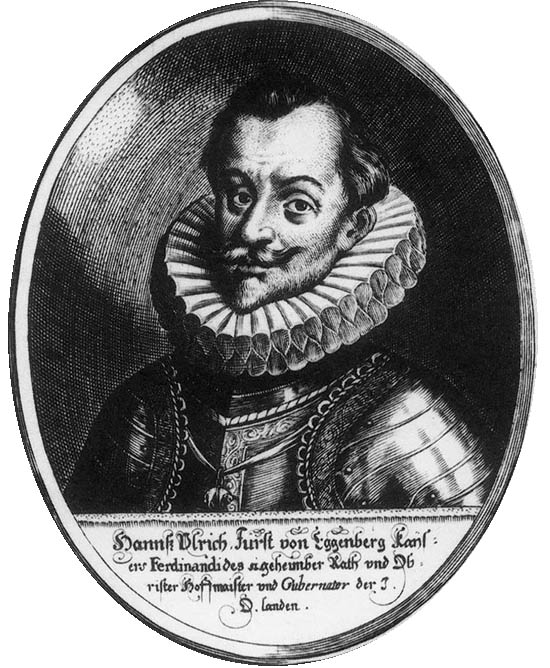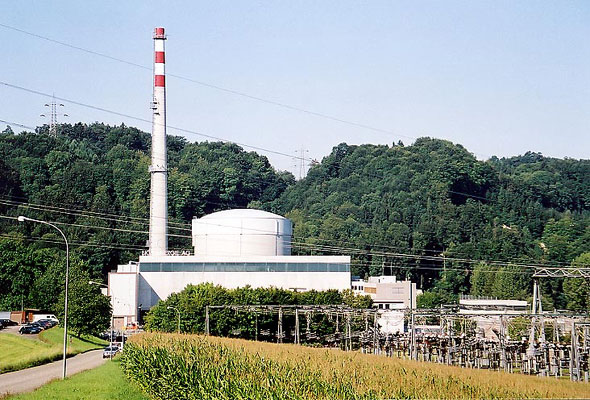|
Eggenberg (other)
{{Disambiguation, geo, surname ...
Eggenberg may refer to: Places * Eggenberg (Graz), Austria ** Eggenberg Palace, Graz * Eggenberg, Mühleberg, Berne, Switzerland * Eggenberg House, in Sopron, Hungary Other uses * Eggenberg family, an Austrian noble family first mentioned in 1432, including a list of people with the name * Pivovar Eggenberg, a brewery in the Czech Republic * Eggenberg Castle, Vorchdorf, a brewery in Austria See also * *Eggenberger (other) Eggenberger may refer to: *Balthasar Eggenberger Balthasar Eggenberger (died 1493), was an Austrian entrepreneur in the early days of mercantilism. He was master of the imperial mint at Graz in the Duchy of Styria and financier to Frederick III, ... [...More Info...] [...Related Items...] OR: [Wikipedia] [Google] [Baidu] |
Eggenberg (Graz)
Eggenberg is the 14th city district of Graz in the Austrian province of Styria. It borders to the districts of Lend and Gries in the east and to the Plabutsch mountain in the west. The name originates from the Eggenberg palace and its founding family the House of Eggenberg. History The district is named after the Eggenbergers who built their medieval residence sometime after 1460 and which was expanded starting in 1625 to become Eggenberg palace. In 2010 the palace was added to the UNESCO World Cultural Heritage Site listing for Graz's "Old Town". Early discoveries indicate a settlement since the early stoneage. In Algersdorf two grave fields from the Roman age were found. The Alte Poststraße can be traced back to the Roman age as well. In the middle ages and up to the 19th century the landscape was dominated by agriculture and cultivating wineyards on the Plabutsch hillside. In locality Beierdorf near Graz - nowadays belonging to Eggenberg - the Baierdorf manor was situa ... [...More Info...] [...Related Items...] OR: [Wikipedia] [Google] [Baidu] |
Eggenberg Palace, Graz
Eggenberg Palace (german: link=no, Schloss Eggenberg) in Graz, is the most significant Baroque palace complex in the Austrian province of Styria. With its preserved accouterments, the extensive scenic gardens, as well as some special collections from the Universalmuseum Joanneum housed in the palace and surrounding park, Schloss Eggenberg ranks among the most valuable cultural treasures of Austria. Eggenberg Palace is situated at an elevation of 381 meters on the Western edge of the city. Its architectural design and the still visible imprint of centuries of history continue to bear witness to the vicissitude and patronage of the one-time mightiest dynasty in Styria, the House of Eggenberg. In 2010, the significance of Schloss Eggenberg was recognised with an expansion to the listing of the Graz Historic Old Town among the UNESCO World Cultural Heritage Sites. Surrounded by walls, with a huge portal facing West, the palace is located in the Eggenberg district of Graz and ca ... [...More Info...] [...Related Items...] OR: [Wikipedia] [Google] [Baidu] |
Mühleberg
Mühleberg is a municipality in the Bern-Mittelland administrative district in the canton of Bern in Switzerland. History Mühleberg is first mentioned in 1011–16 as ''Mulinberg''. There are several Hallstatt era grave mounds around Mühleberg; the most important is the so-called ''Unghürhubel'' (monster hill). At ''Unghürhubel'' in 1869, an ornamented choker made of heavy gold plate and a gold bracelet or strip with four rows with half-moon shapes were discovered. A number of other less valuable artifacts and metal items were probably destroyed during the excavation. The church and village of Mühleberg belonged to a cadet branch of the von Buch family starting in 1387. It was then owned by the Brüggler family (starting in 1440) and the Herren family (in 1579), who sold it to Bern in 1599. It was combined with several other small estates and placed under the bailiwick of Laupen. St. Martin's Church was first mentioned in 1224, though it was originally a romanesque aisle ... [...More Info...] [...Related Items...] OR: [Wikipedia] [Google] [Baidu] |
Sopron
Sopron (; german: Ödenburg, ; sl, Šopron) is a city in Hungary on the Austrian border, near Lake Neusiedl/Lake Fertő. History Ancient times-13th century When the area that is today Western Hungary was a province of the Roman Empire, a city called ''Scarbantia'' stood here. Its forum was located where the main square of Sopron can be found today. During the Migration Period, Scarbantia was believed to be deserted. When Hungarians arrived in the area, the city was in ruins. From the 9th to the 11th centuries, Hungarians strengthened the old Roman city walls and built a castle. The city was named in Hungarian after a castle steward named ''Suprun''. In 1153, it was mentioned as an important city. In 1273, King Otakar II of Bohemia occupied the castle. Even though he took the children of Sopron's nobility with him as hostages, the city opened its gates when the armies of King Ladislaus IV of Hungary arrived. Ladislaus rewarded Sopron by elevating it to the rank of free ro ... [...More Info...] [...Related Items...] OR: [Wikipedia] [Google] [Baidu] |
Eggenberg Family
The House of Eggenberg was the name of an influential Austrian noble family from Styria, who achieved princely rank in the 17th century. The family's last male heir died in 1717, bringing an end to the House of Eggenberg. History The origin of the Austrian noble house of Eggenberg is shrouded in darkness. The Counter-Reformation with its struggles between the Catholic court of the Habsburgs and the Protestant nobility belongs to those moving times in which the destiny of some families changed abruptly. While old, Protestant-minded nobles lost power and their native lands, families loyal to the emperor were raised to new nobility and garnered great wealth. A good example of this is the meteoric rise of the Eggenberg family. They had become rich vintners in Radkersburg, and then expanded their operations to be financiers to the nobility and local lords loyal to the emperor. Ascendancy of a merchant family Ulrich Eggenberger († 1448) is the first documented member of the fa ... [...More Info...] [...Related Items...] OR: [Wikipedia] [Google] [Baidu] |
Pivovar Eggenberg
Pivovar Eggenberg is a brewery in Český Krumlov, Czech Republic. Brewing in Český Krumlov dates back to 1336. The House of Rosenberg acquired a brewery in the town in 1522 and relocated it to its current location from 1625 to 1630. After the death of the male inheritors of the House of Rosenberg (1611), in 1622 the dominion was given to the House of Eggenberg and in 1628 Hans Ulrich von Eggenberg was named Duke of Krumau by Ferdinand II. Thus the House of Eggenberg acquired the lucrative dominion including possession of Český Krumlov Castle and the brewery. The Eggenberg's held the dominion in their possession until 1717 when the last male heir to the House of Eggenberg died at only 13, after which the dominion and the Eggenberg Bohemian possessions passed to the House of Schwarzenberg which began modernizing the brewery in 1719 and decorated it in the Baroque style. The brewery's equipment and machinery were kept up to date during the Schwarzenbergs' ownership. Produc ... [...More Info...] [...Related Items...] OR: [Wikipedia] [Google] [Baidu] |
Eggenberg Castle, Vorchdorf
Eggenberg Castle (german: Schloss Eggenberg) is a castle located in Vorchdorf, Upper Austria. It is famous for its brewery. History Beer has been brewed at Eggenberg Castle (german: Schloss Eggenberg) since the 14th century. Commercial brewing at its location began in 1681 when Michael Weismann purchased the property from the Monastery of Kremsmünster. It has been owned by the Forstinger-Stöhr family since 1803. Samichlaus Samichlaus is one of the strongest lager beers in the world, at 14% alcohol by volume. The name means ''Santa Claus'' in Swiss German. It was originally brewed by the Hürlimann Brewery in Zürich, Switzerland. Hürlimann's founder Albert Hürlimann was a world leader in the scientific study of yeast, and the brewery has a long history of yeast development. The ''Samichlaus'' Christmas beer was first brewed in 1979 for sale in 1980. Production continued annually until 1997, when the brewery closed. In 2000, it returned, this time produced by Schloss Eggenberg ... [...More Info...] [...Related Items...] OR: [Wikipedia] [Google] [Baidu] |




